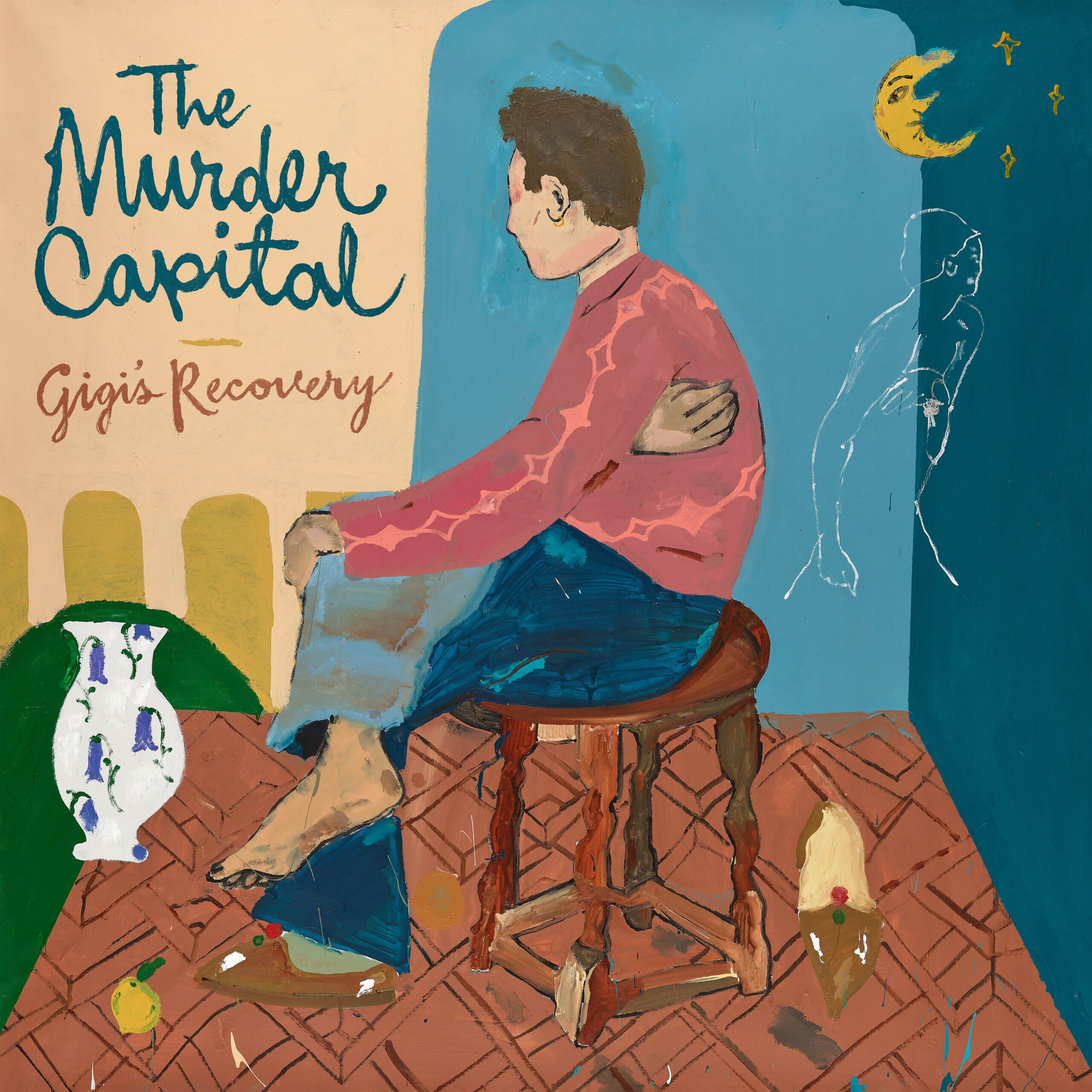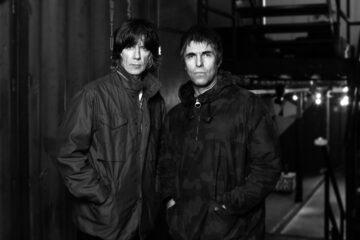
★★★★☆
A proliferation of post-punk music in the last decade – from the likes of Fontaines D.C., IDLES, and more recently and in unusual ways, Dry Cleaning – has returned the genre to the forefront of popular music.
In 2019, Irish five-piece The Murder Capital (comprised of James McGovern, Damien Tuit, Cathal Roper, Gabriel Paschal Blake and Diarmuid Brennan) released their contribution to the scene. The critically-acclaimed, emotional debut I Have Fears focused on coming to grips with the death of their dear friend (as indeed does the band’s name).
Shortly after the release, the band began the two-year writing process for their sophomore Gigi’s Recovery while living together during the lockdown. They initially struggled to move on from an intense emotional period and write with the same affective weight. Through hard work and introspection, they decided to tread a new path, leaving behind some of the raucous energy that made I Have Fears so popular. The band also called on the Grammy-award winning engineer and musician John Congleton – whose previous credits include The War On Drugs, Sleater-Kinney and Blondie, to name a few – to produce the LP.

Gigi’s Recovery, a 12-track concept album, addresses countless existential questions and moves in a novel sonic direction for The Murder Capital. It begins with ‘Existence’, where ambient synths underlay James McGovern alarmingly repeating the phrase “existence fading”; as the brooding drone reaches a crescendo, it sets the thematic tone early on. McGovern’s lyrics grapple with one’s relationship to the self throughout the record, as well the passing of time, and questions pondered during this isolating period.
The drum and bass rhythm of ‘Crying’ comes in next with an eerie, ethereal sample taken from a YouTube tutorial for opera singers. McGovern’s Scott Walker-esque vocals arrive as accompaniment shortly after. “The ‘Crying’ sample excites me so fucking much,” McGovern has said in the run-up to the album’s release. “It’s that attention to detail within records that really gets me going. The building up of texture, especially through the use of sampling, feels like the face of the character.”
Fourth track ‘Ethel’ is one of the standouts on the album, in which another vignette begins with McGovern stirringly recounting the vacuousness of lives spent on bags and the bottle. In a recent interview with NME, the Murder Capital frontman admitted a change in his relationship to alcohol and drugs, choosing instead to lead a more fulfilling existence – a journey evident within the track, and the album as a whole. The title track also touches on this subject (“I fall suspended in despair”), before a more optimistic second half finishes it strongly, “I can feel the skyline flying by my window / I can feel it all flow”.
On ‘The Stars Will Leave Their Stage’ thumping synths and spectral samples create an overhanging anxiety, ending the last third of the song in a melodic explosion “just like ships in the night / promising to collide”. The band cited Radiohead as inspiration for Gigi’s Recovery, heard mostly clearly on ‘A Thousand Lives’ which starts with an In Rainbows-like scattering of drums, twinkly guitar licks and an encompassing soundscape.

The LP is ultimately resolved with the acoustic ‘Exist’ – with the line “This morning, took ownership / To stay forever, in my own skin / Existence changing / Existence changing / Exist…’ denoting a recovery, the turning of a corner and highlighting the dialectic with ‘Existence’ that creates an engrossing tension throughout.
The intense exploration of existential dread on Gigi’s Recovery could have become pretentious, yet The Murder Capital’s thoughtful introspection and befitting production make listening to the record a cathartic experience.
The album marks a new atmospheric and emotional path for the band, gaining strength after an intense five years and expressing a desire to surprise their fans with new sonic elements. As McGovern has also said in the run-up to the record’s release, all he knew when writing was that he “really wanted to fucking sing”. On Gigi’s Recovery, the quintet have no doubt managed to forge their own, unique sound.




